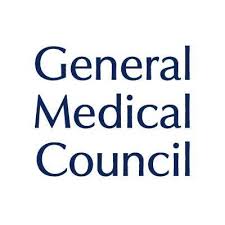How we can help
If your child’s sleep issues persist despite improving their sleep habits, or if their lack of sleep is affecting their behaviour, learning, or daily activities, it may be time to seek professional support.
At Kidswell Health, we provide expert assessment and personalised solutions to help children and their families navigate sleep challenges. Whether your child is struggling with night-time fears, frequent awakenings, or a medical condition affecting their sleep, we are here to help.
Additional resources
NHS: Sleep and young children
Disclaimer: Information contained on this page is intended as general advice and does not replace a medical assessment. If you are concerned about your child’s health, please contact your doctor for advice. In an emergency or for urgent care, call 999 or visit your local A&E.



